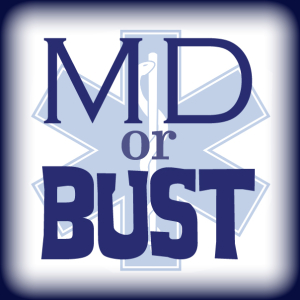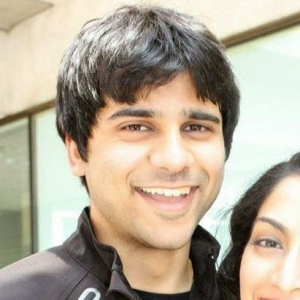Congratulations! You’ve made it to the clinical portion of medical school. Now you’ll work alongside interns, residents, attendings, pharmacists, social workers, and a myriad of other health care workers to provide quality care for your patients. As a resident, I’ve seen medical and PA students struggle with feelings of anxiety, incompetence and disorganization. They are excellent with patients, but often have difficulty with team dynamics and understanding their roles as clinical students. Here are some tips for success modeled after Covey’s “The Seven Habits of Highly Effective People.”








